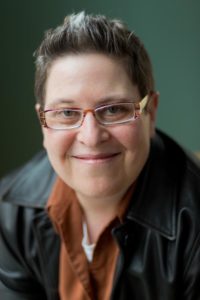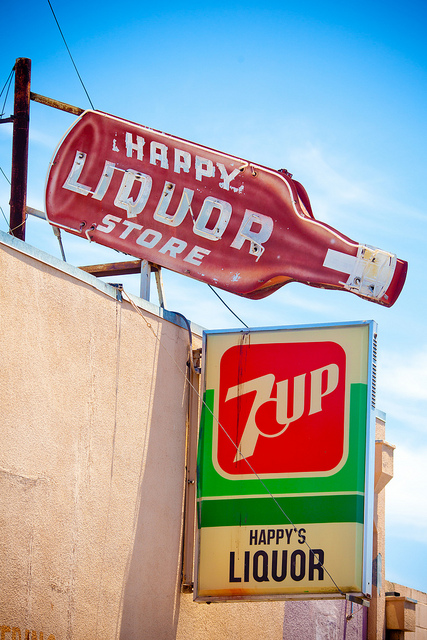MARNI BERGER interviews JUDITH FRANK

Judith Frank is the author of the novel, Crybaby Butch, and a professor of English at Amherst College. She received a B.A. from Hebrew University in Jerusalem and a Ph.D. in English literature and an M.F.A. in creative writing from Cornell. She has been the recipient of a grant from the National Endowment of the Arts, and support from both Yaddo and MacDowell. Marni and Judith spoke online about Judy’s new novel, All I Love and Know, and what it means to write about violence in the context of the Israeli-Palestinian conflict.









